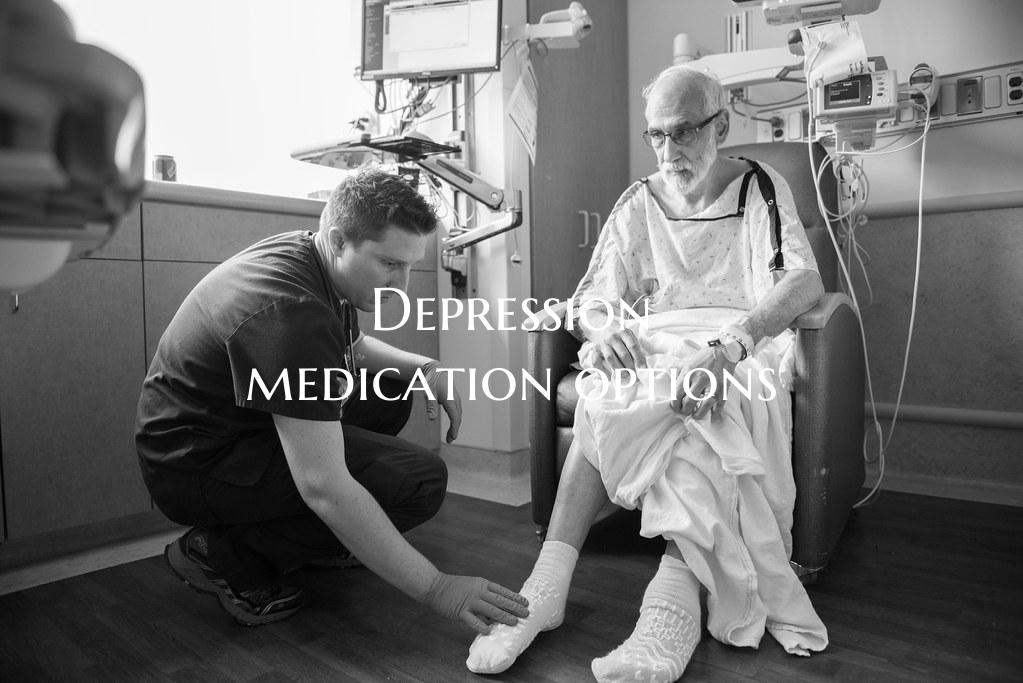
Depression medication options
Depression Medication Options: Understanding Your Treatment Choices
Living with depression can be challenging, but there are various medication options available to help manage its symptoms and improve your quality of life. It is essential to work closely with a healthcare provider to determine the most suitable treatment plan for your unique needs.
1. Selective Serotonin Reuptake Inhibitors (SSRIs): SSRIs are commonly prescribed as a first-line treatment for depression. These medications work by increasing the levels of serotonin in the brain, which helps regulate mood. Some well-known SSRIs include Prozac, Zoloft, and Lexapro.
2. Serotonin-Norepinephrine Reuptake Inhibitors (SNRIs): SNRIs are another class of antidepressants that target both serotonin and norepinephrine levels in the brain. These medications, such as Cymbalta and Effexor, are particularly effective in treating both depression and certain types of anxiety disorders.
3. Tricyclic Antidepressants (TCAs): Tricyclic antidepressants are an older class of medications but are still used when other treatments have been ineffective. Examples of TCAs include amitriptyline and nortriptyline. TCAs work by increasing levels of norepinephrine and serotonin in the brain.
4. Monoamine Oxidase Inhibitors (MAOIs): MAOIs are an older class of antidepressants that are typically reserved for cases where other medications have not been effective. MAOIs work by blocking the enzyme monoamine oxidase, which helps regulate neurotransmitters in the brain.
5. Atypical Antidepressants: There are also atypical antidepressants, such as Wellbutrin and Remeron, which work differently from the other classes of medications. These drugs may be prescribed if other treatments have not been successful or if certain side effects are a concern.
It is important to note that finding the right medication and dosage may take some trial and error, and it is crucial to communicate openly with your healthcare provider about any side effects or concerns you may have. Additionally, therapy and lifestyle changes, such as regular exercise and a healthy diet, can complement medication treatment for depression.
Remember, everyone's experience with depression is unique, and what works for one person may not work for another. By working closely with your healthcare provider, you can explore different medication options and find a treatment plan that best suits your individual needs.